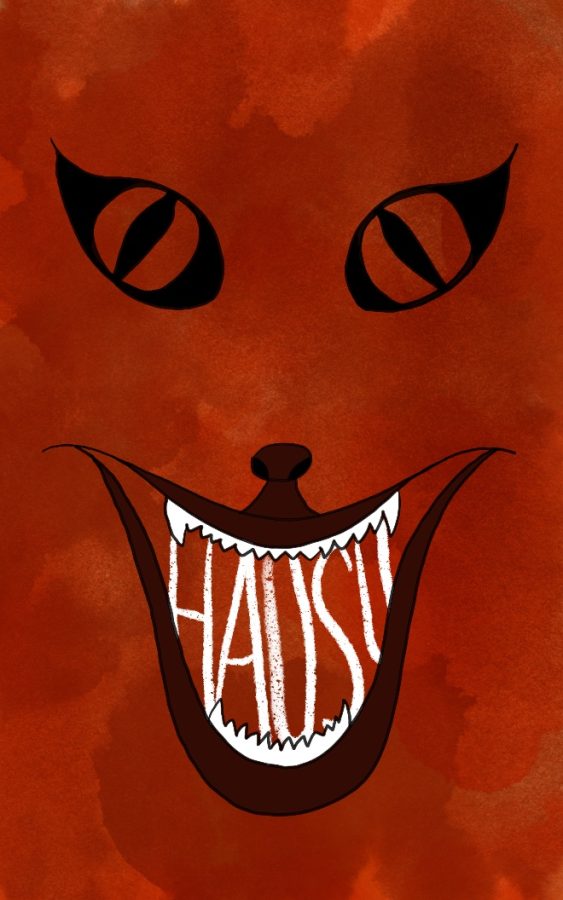A Review of ‘Hausu’ (1977)
[This review may contain spoilers]
January 12, 2023
In the late 1970s, after the success of “Jaws”, a large Japanese film studio, Toho, approached director Nobuhiko Obayashi–who, before this, worked on experimental films and commercials that featured his wild, avant-garde style–and asked him to help them make a similar film, not in terms of style or plot, but in terms of “Jaws”’ formula: a broadly entertaining movie with a massive budget made by an inexperienced director.
Instead, Obayashi asked for ideas from his young daughter, Chigumi–believing children excelled at coming up “with things that cannot be explained”–and made “Hausu”, an incredibly stylized, borderline psychedelic film full of wild effects, unestablished actors, and repetitive music.
Though Obayashi provided the idea and script for “Hausu”, he wasn’t an employee of Toho, and was therefore unable to direct it–at first. Such incomprehensible ideas were unsurprisingly hard to adapt to screen, and it was another two years after the script’s completion that Hausu finally began filming. Fans of Obayashi’s commercial and film work helped him promote the movie before it was even in production, and products based on the film–including but not limited to a manga, a novelization, and a radio drama–were released before the film was even made. It was the success of the radio drama that gave Toho the push to officially green-light the film, and Obayashi was given special permission to direct.
Upon its release in Japan, the movie was met with mostly negative reviews from critics, but embraced with enthusiasm and open arms by Japan’s youth. In the U.S. it was met with a similar mix of confusion and adoration, and quickly grew a substantial cult following.
“Hausu” follows a teenage girl and her friends as they pay a visit to her distant aunt. The plot is simple and straightforward, but as is so often the case with horror movies, it’s the execution that counts. A repetitive and bouncy soundtrack, eclectic, in-your-face editing, vibrant colours and the fuzzy, vaseline smudged look of the ‘70s–everything about this film is drenched in these trippy, dreamlike aesthetics. With the combination of animation and varying styles of live action, the final product is an incredibly unique and instantly iconic collage of a movie that pushes the boundaries of horror and dips its toes into the realm of arthouse films.
Obayashi would release many more films over the course of his almost 60-year long career, and was considered a pioneer of Japanese experimental films. His final film, “Labyrinth of Cinema”, premiered at the 2019 Tokyo International Film Festival. A year later, at the age of 82, Obayashi died of lung cancer in Tokyo.
“Hausu” is easily his most well known film, and for good reason. This creative, haunted house of a film is wildly entertaining. It’s full of childhood fears and fantasies made real that expertly pave the way for the film’s ridiculous bloody carnage. It’s truly one of a kind, and an easy 5/5 paws.





















![Movie poster for '[Rec]" (2007).](https://www.lionnewspaper.com/wp-content/uploads/2023/04/rec-640x900.jpg)


